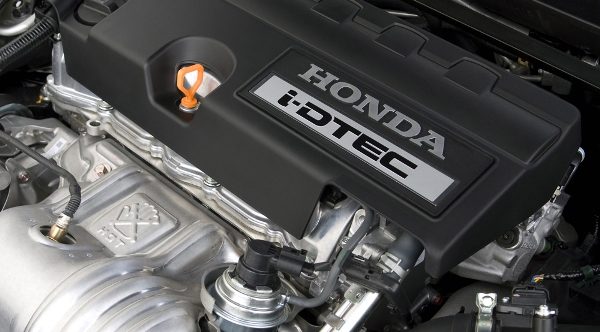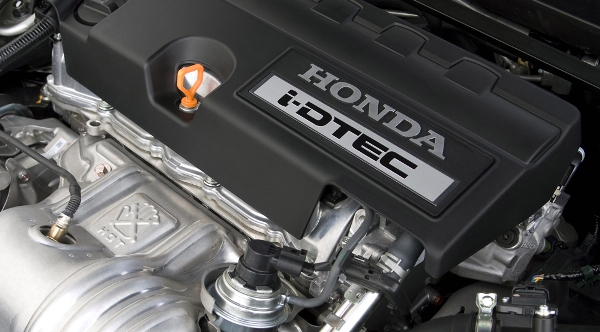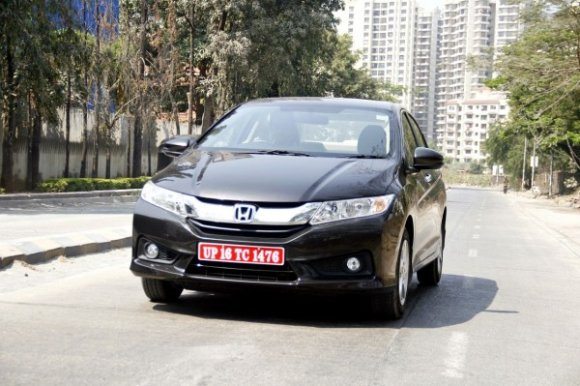Honda’s VTEC engine became a rage and was on every enthusiasts’s wish list when the technology was first introduced in the Type -2 Honda City sedan in India. With changing times and increasing consumer affinity towards diesel, as it was cheaper, the Japanese manufacturer took its time to introduce the 1.5 L i-DTEC diesel engine in the market. Known for manufacturing delightful engines, the car buying population was already convinced the engine will be a gem.
As a result, Honda Cars India Ltd announced that it has sold more than 1 lakh cars powered by its 1.5L i-DTEC diesel engine in the country. The diesel variants of the Honda Amaze, Honda City and Honda Mobilio have clocked over 90 crore kms cumulatively as per service data.
First introduced in India in April 2013 with Honda Amaze, the advanced 1.5L i-DTEC diesel engine was sequentially introduced in the Honda City in January 2014 and mid-size MPV Honda Mobilio in July 2014.
Announcing the new milestone, Mr. Jnaneswar Sen, Senior Vice President, Marketing & Sales, Honda Cars India Ltd said, “The 1.5L i-DTEC diesel engine was Honda’s first step into the diesel market and we have come out with exceptional results. The i-DTEC diesel engine revolutionized the diesel engine technology by offering outstanding fuel efficiency & amazing power delivery. It has been well accepted in the country and is attracting new customers to the Honda brand every day. The 100,000 sales of i-DTEC powered cars is a major milestone for us and we are really proud of this achievement.”
The1.5L i-DTEC diesel engine has been developed exclusively for India considering Indian driving conditions and is based on the Honda’s latest ‘Earth Dreams Technology’. With an all aluminum cylinder head joined to an open deck engine block, it is the lightest engine among the engines with similar torque configuration. The use of lightweight crankshaft and a number of friction-reduction technologies helped to reduce friction in the diesel engine to petrol engine levels and achieve greater cooling efficiency, enabling dramatic fuel efficiency improvements.



